Salted eggs made of duck eggs brined in a salt solution. Salty and savory, they're a delicious addition to salads and baked delicacies!
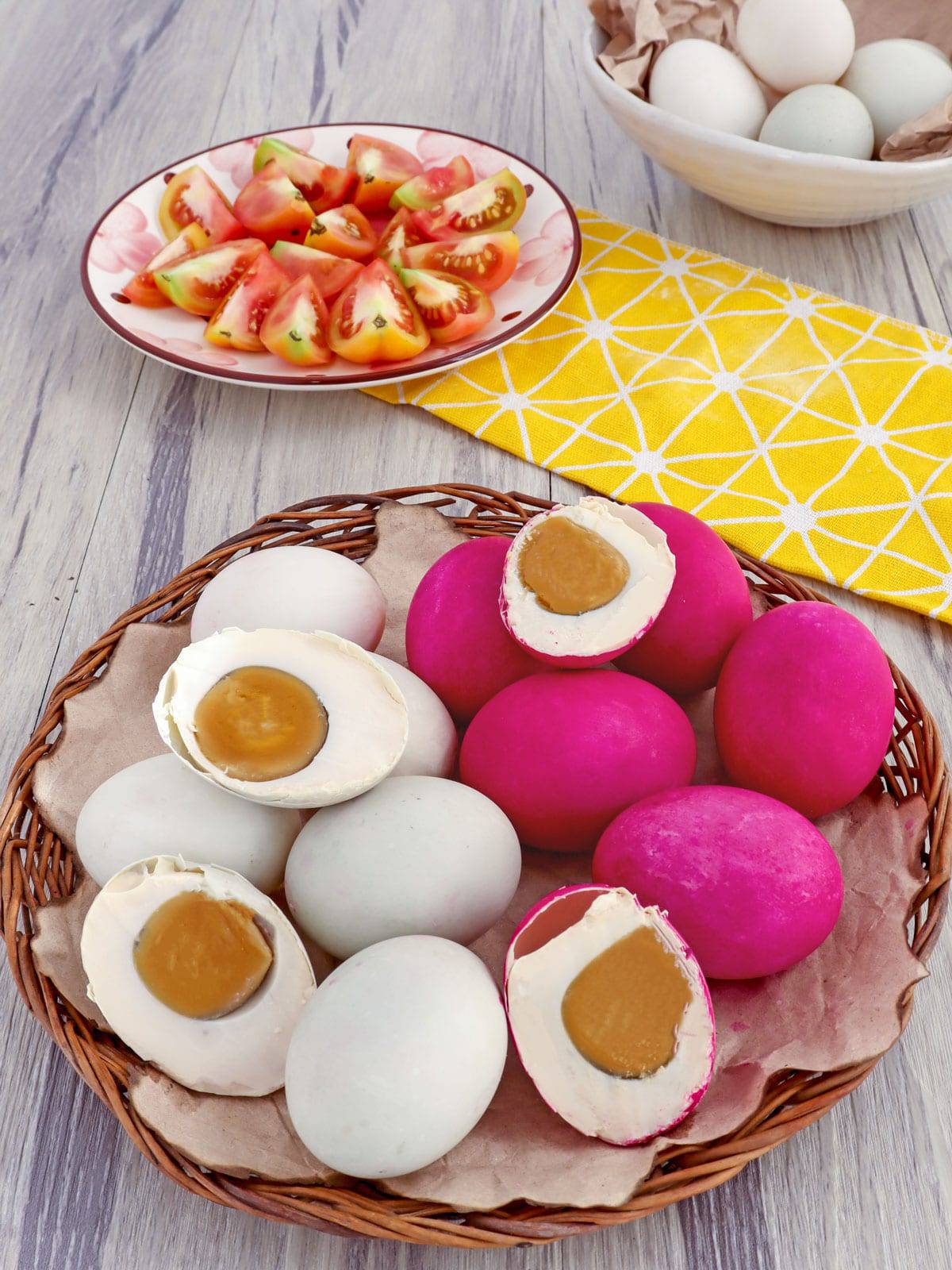
I know I promised you delicious recipes from my recent trip to the Philippines, but truth be told, I have squat. I had my camera but forgot to pack my tripod and the "vinyl" wood I use as a background.
Although I couldn't shoot any new recipes, I did learn something exciting during my vacation. HOW TO MAKE SALTED EGGS!
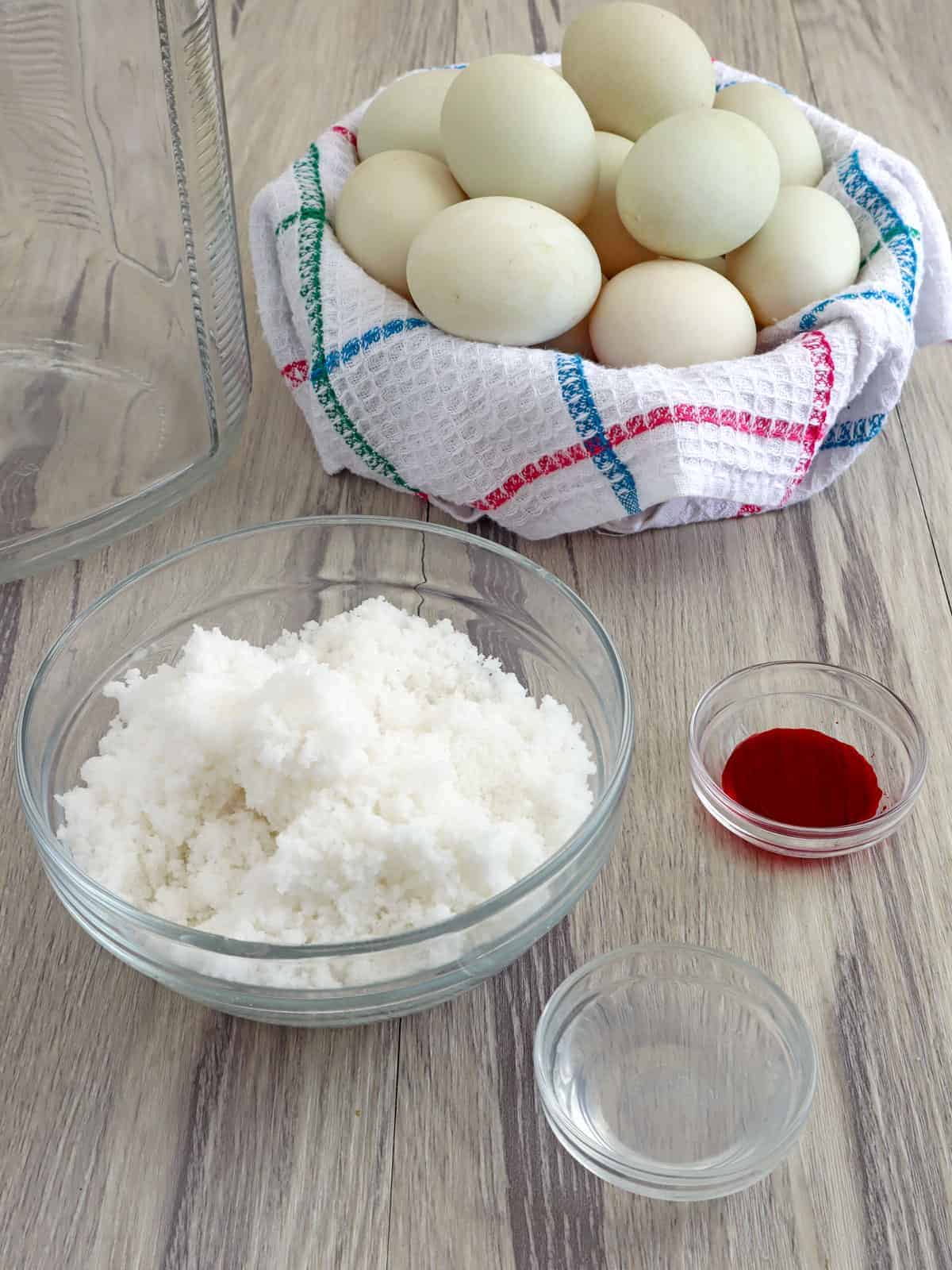
Salted eggs- the traditional method
Commercial salted eggs, or itlog na maalat, are made by "brining" fresh duck eggs in mud made of equal parts clay and salt moistened with water. The eggs are individually dipped in the mud bath to coat fully and are then allowed to cure for 15 to 18 days, depending on the eggs' size.
The special clay locally called putik sa punso, is actually ant or termite mounds.
The traditional way may sound like an interesting project, and albeit the resulting eggs are said to be better in taste and texture, I don't think I'd be messing around with anthills anytime soon.
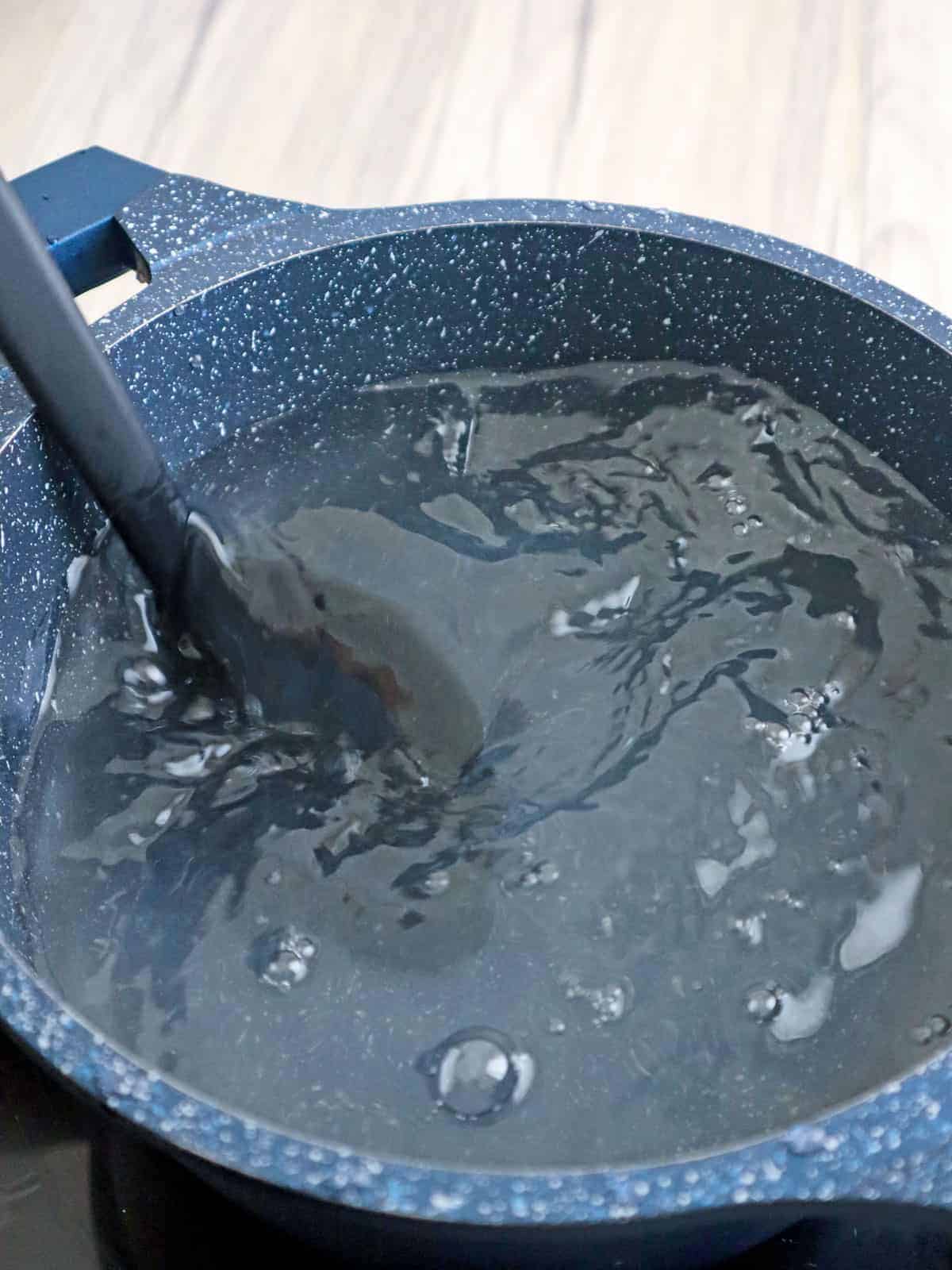
So, friends, we'll be making itlog na maalat the easiest way. In fact, the procedure is so easy the most challenging part is waiting for the eggs to cure. Check out below our tips for success!
Helpful tips
- Check the eggs to make sure the shells are intact and have no cracks.
- Allow the brine to fully cool before adding the eggs lest they'll cook in the residual heat.
- Do not overpack the container to prevent breakage and make sure eggs are completely submerged in the solution.
- Weigh the eggs down by placing a small plate or a plastic bag filled with water on top to keep them from floating.
- Store in a cool, dry place.
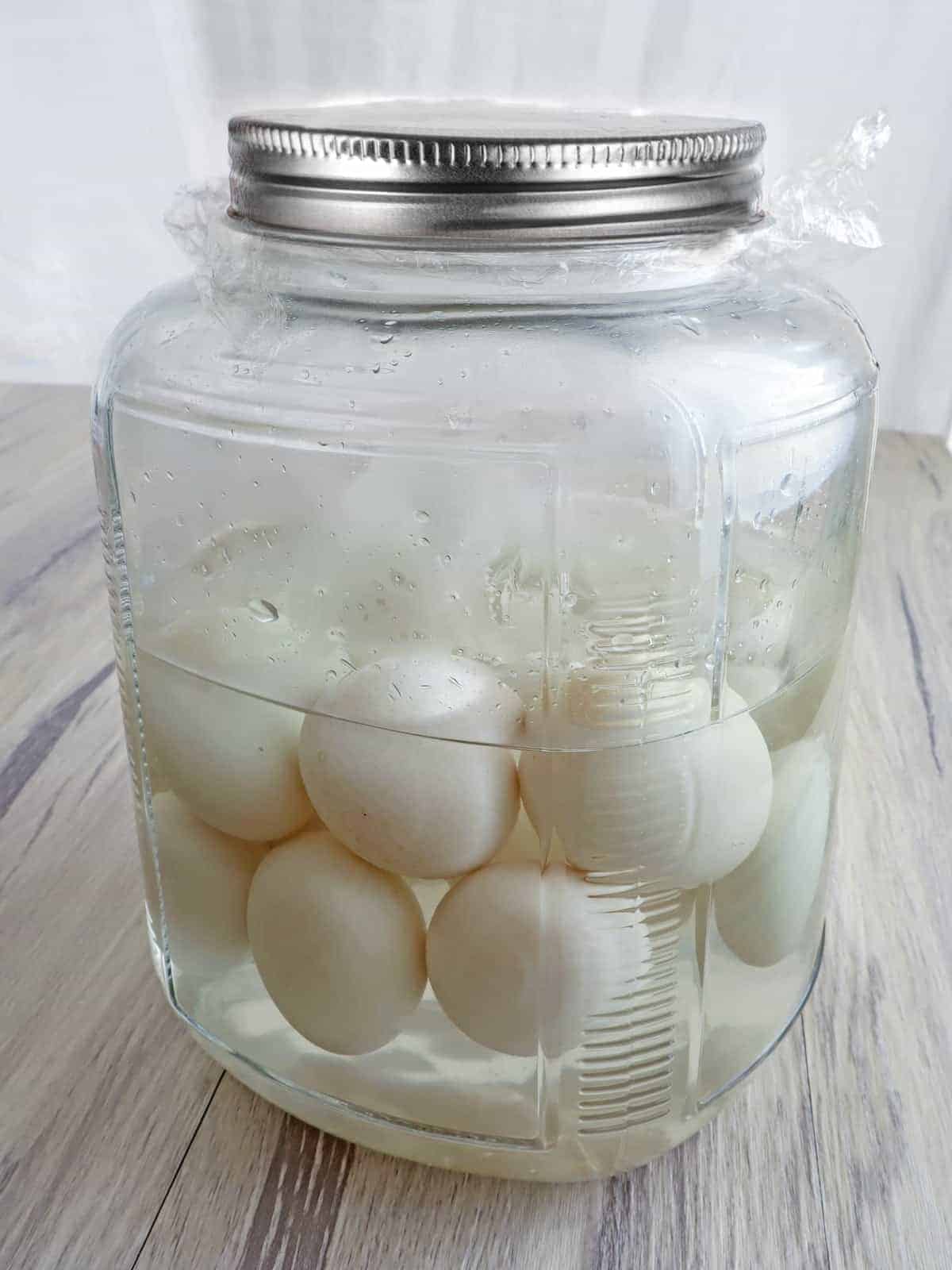
How long to cure
- I usually cure my salted eggs for 18 to 21 days, but you can boil and test an egg at around two weeks to check for saltiness. Cure for a few more days if it's not salty enough.
- Alternatively, crack the egg to check the yolk. It should be firm and bright yellow. If the eggs are not ready, brine them for an additional week.
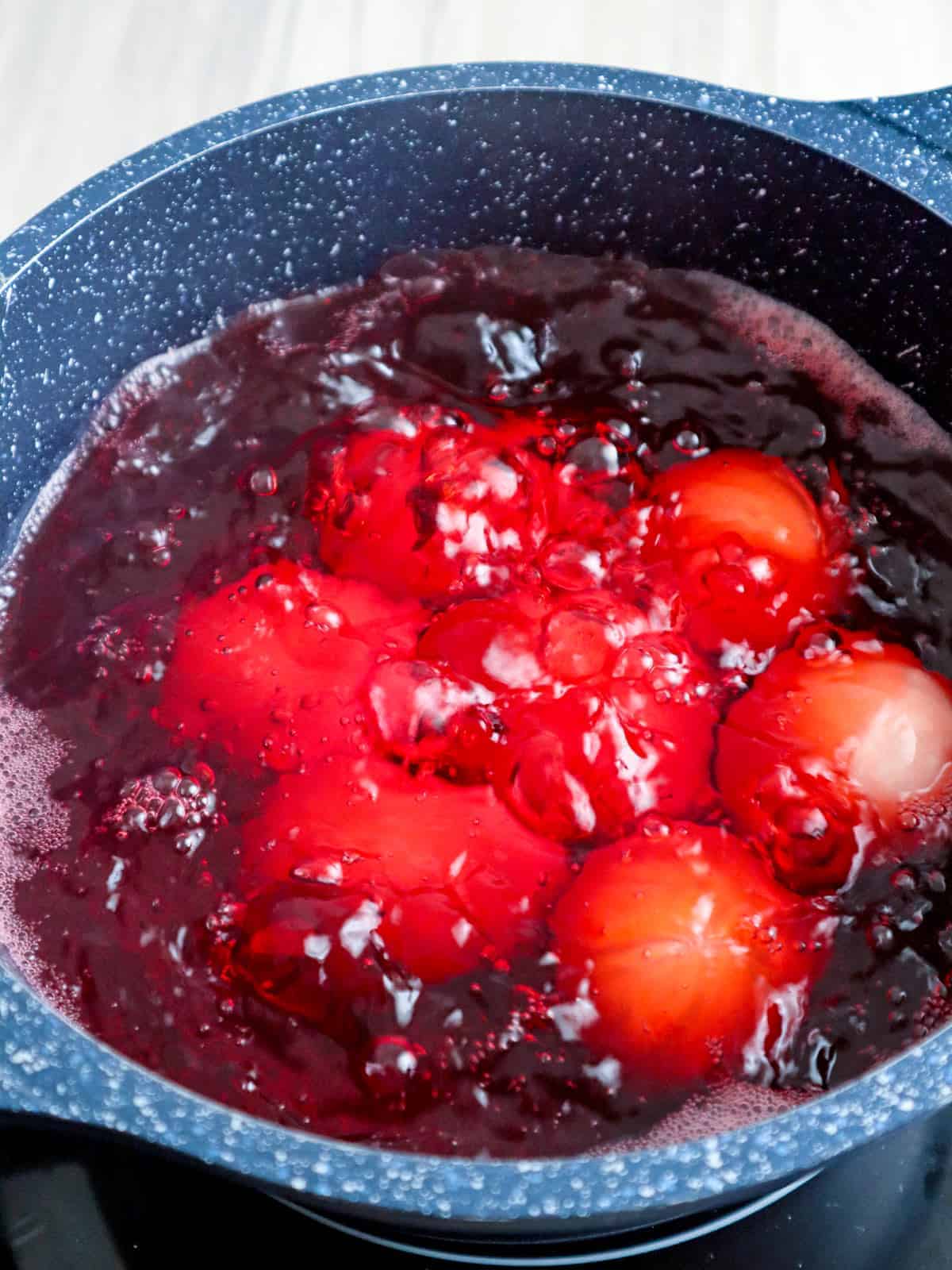
Plain or colored
The preserved eggs are also called itlog na pula in the Philippines, as they're commonly dyed red or deep fuchsia to help distinguish them from regular chicken or duck eggs.
If you prefer to dye the eggs for aesthetic purposes, submerge them in a mixture of 1 teaspoon red granna crystals dissolved in 4 cups of water for 1 minute after they're hardboiled. Another method is adding a few drops of red food color and a couple of tablespoons of vinegar to the boiling water used to cook the eggs.
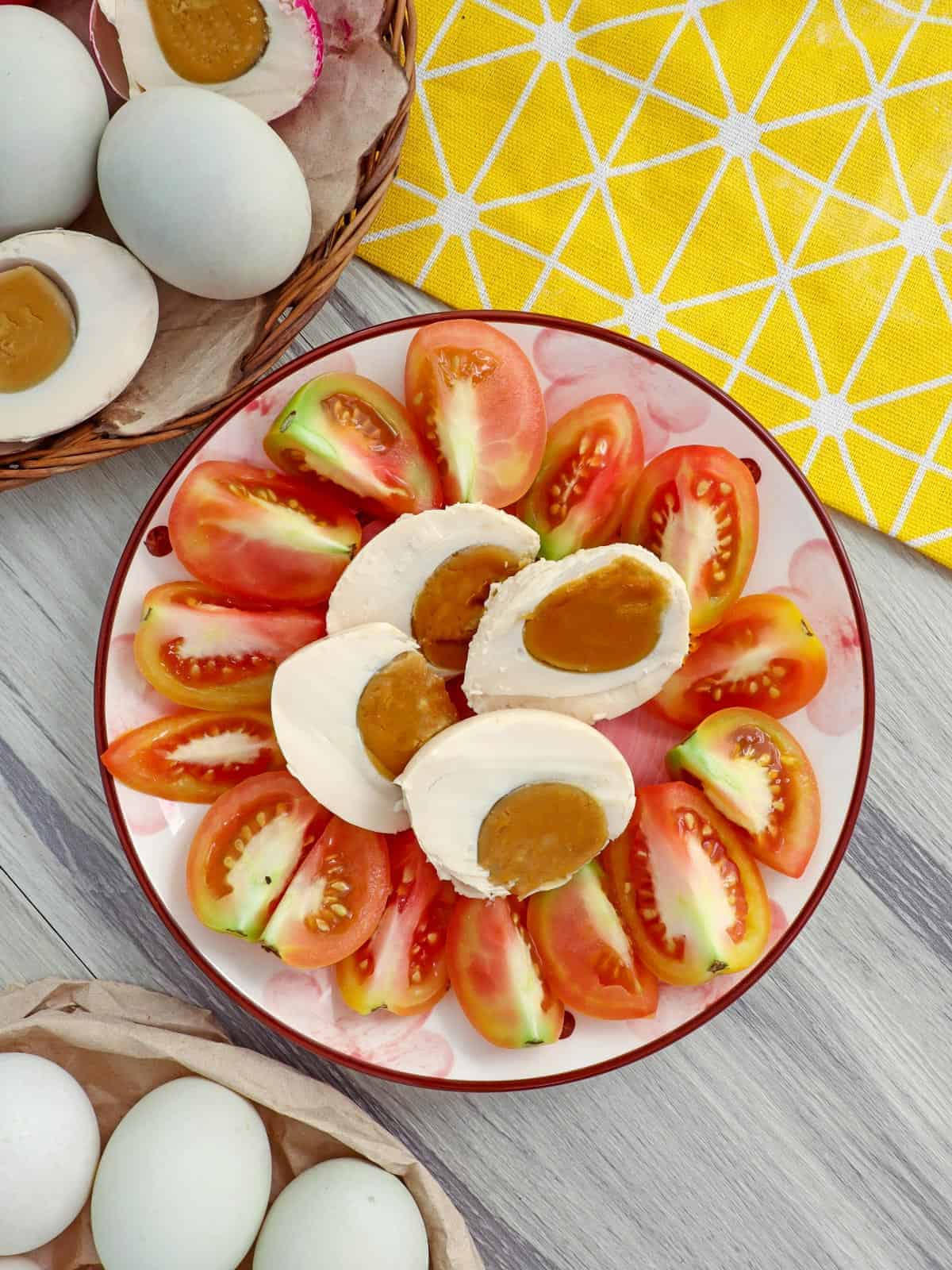
Serving suggestions
Salted eggs are popular in the Philippines and are used in various recipes, such as in salads, steamed buns, and rice cakes, as well as in congees and other savory dishes.
More egg recipes
Instructions
- In a pot over medium heat, combine water and salt. Bring to a boil, stirring until salt is completely dissolved.
- Remove from heat and allow to fully cool.
- Place eggs in a large container. Add the brining solution, making sure the eggs are fully submerged.
- Weigh down with a small plate or a plastic bag filled with water. Cover and keep in a cool, dry place for about 18 to 21 days.
- Drain eggs from the solution.
- In a pot, place eggs and enough water to cover. Over medium heat, bring to a boil, uncovered, for about 20 to 25 minutes or until hard-boiled.
- Drain eggs and allow to cool. Store in the refrigerator.
Notes
- Check the eggs to ensure the shells are intact and have no cracks.
- Allow the brine to fully cool before adding the eggs, lest they cook in the residual heat.
- Do not overpack the container to prevent breakage, and ensure eggs are completely submerged in the solution.
- Weigh the eggs down by placing a small plate or a plastic bag filled with water on top to keep them from floating.
- To dye the eggs, add a few drops of red food color and a couple of tablespoons of vinegar to the boiling water used to cook the eggs.
Video

Nutrition Information
“This website provides approximate nutrition information for convenience and as a courtesy only. Nutrition data is gathered primarily from the USDA Food Composition Database, whenever available, or otherwise other online calculators.”

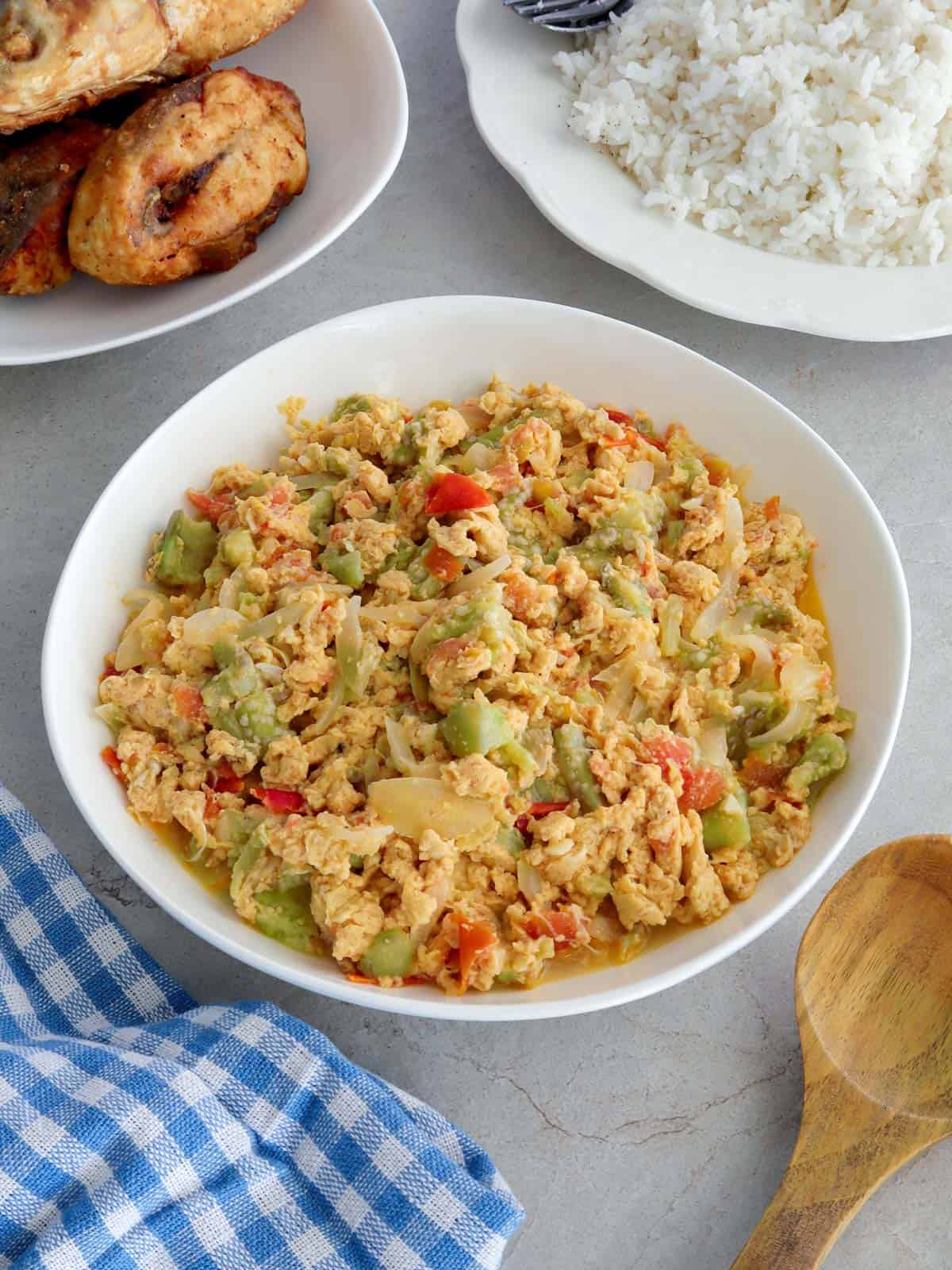
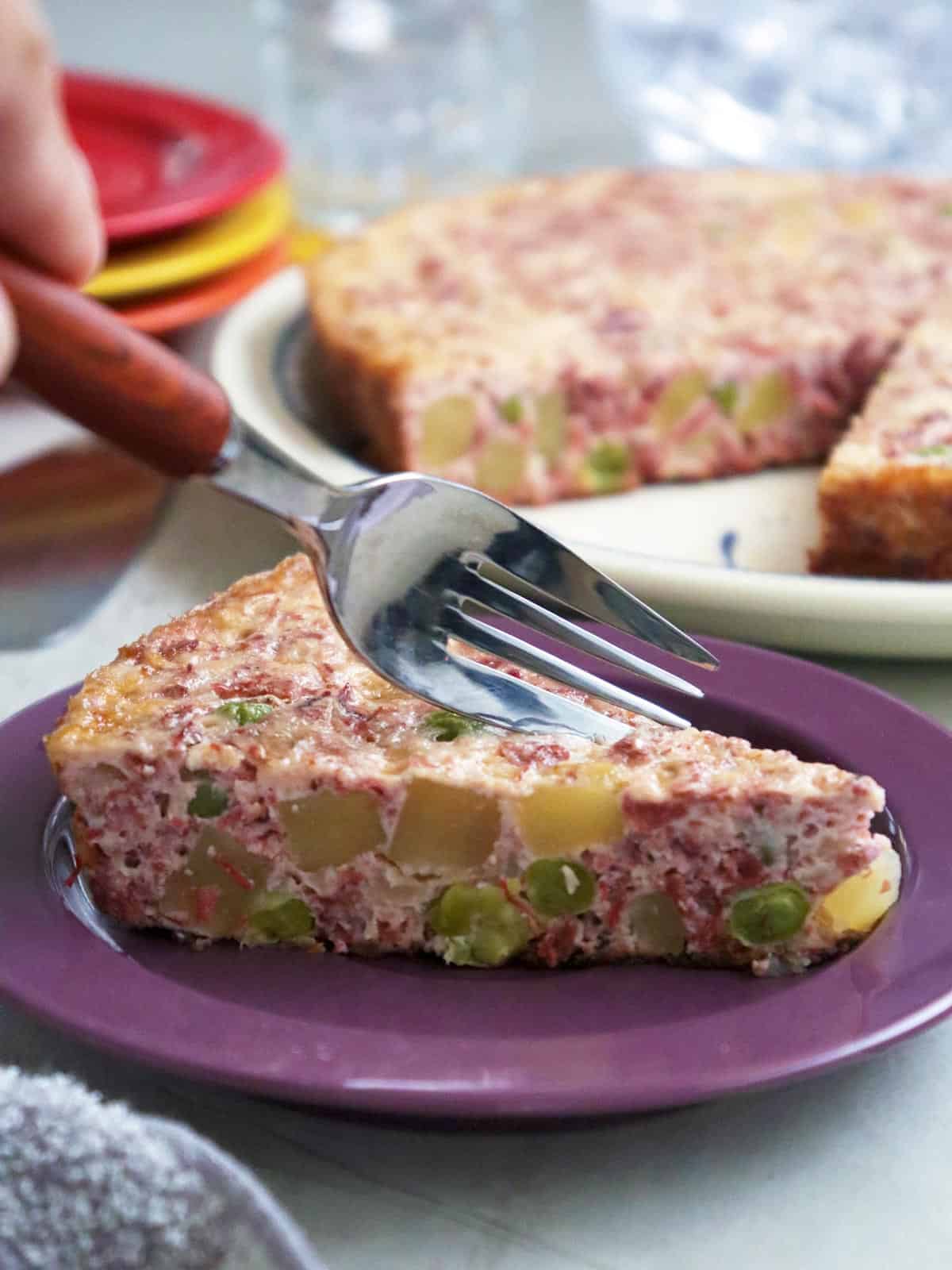
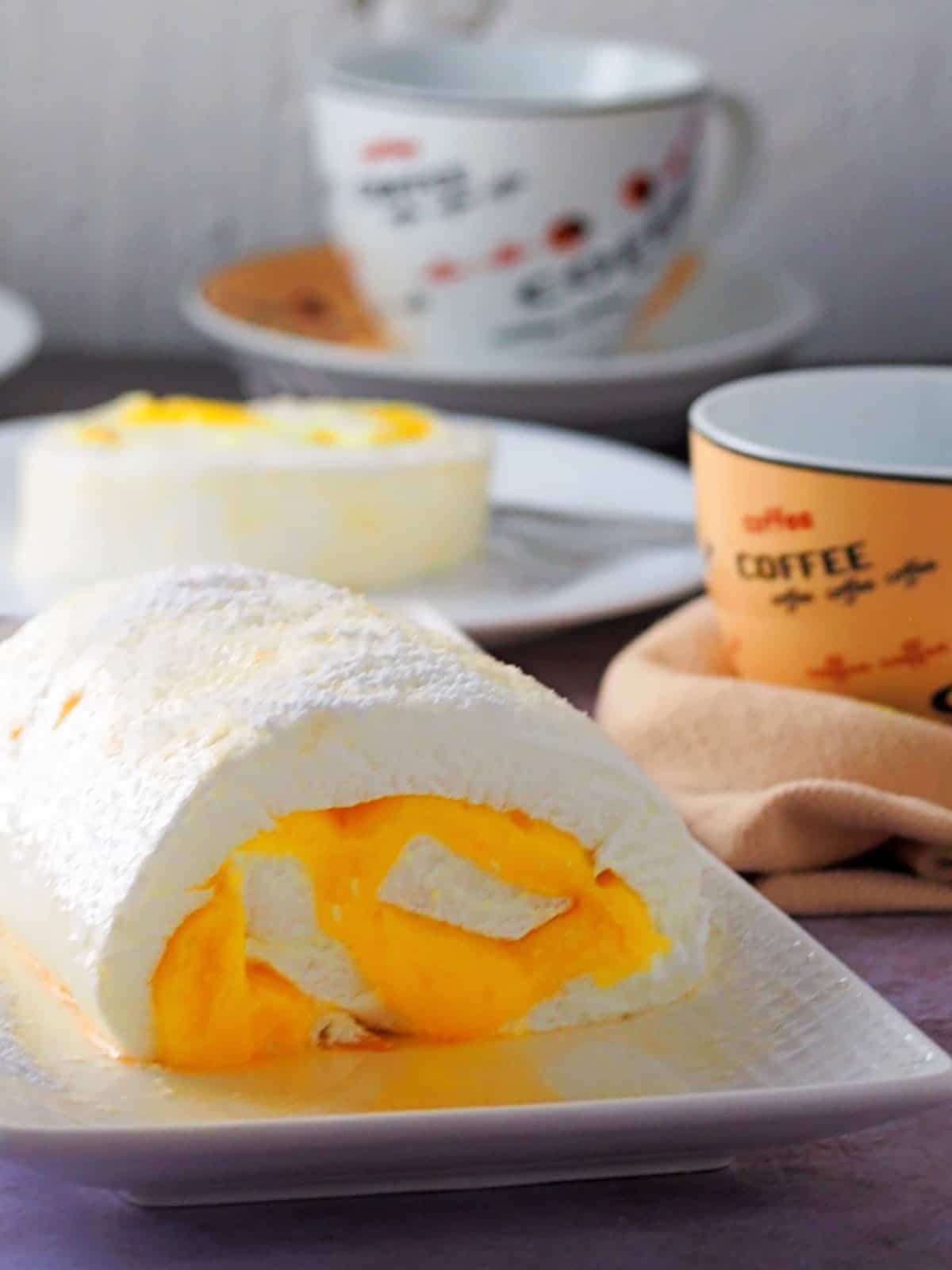
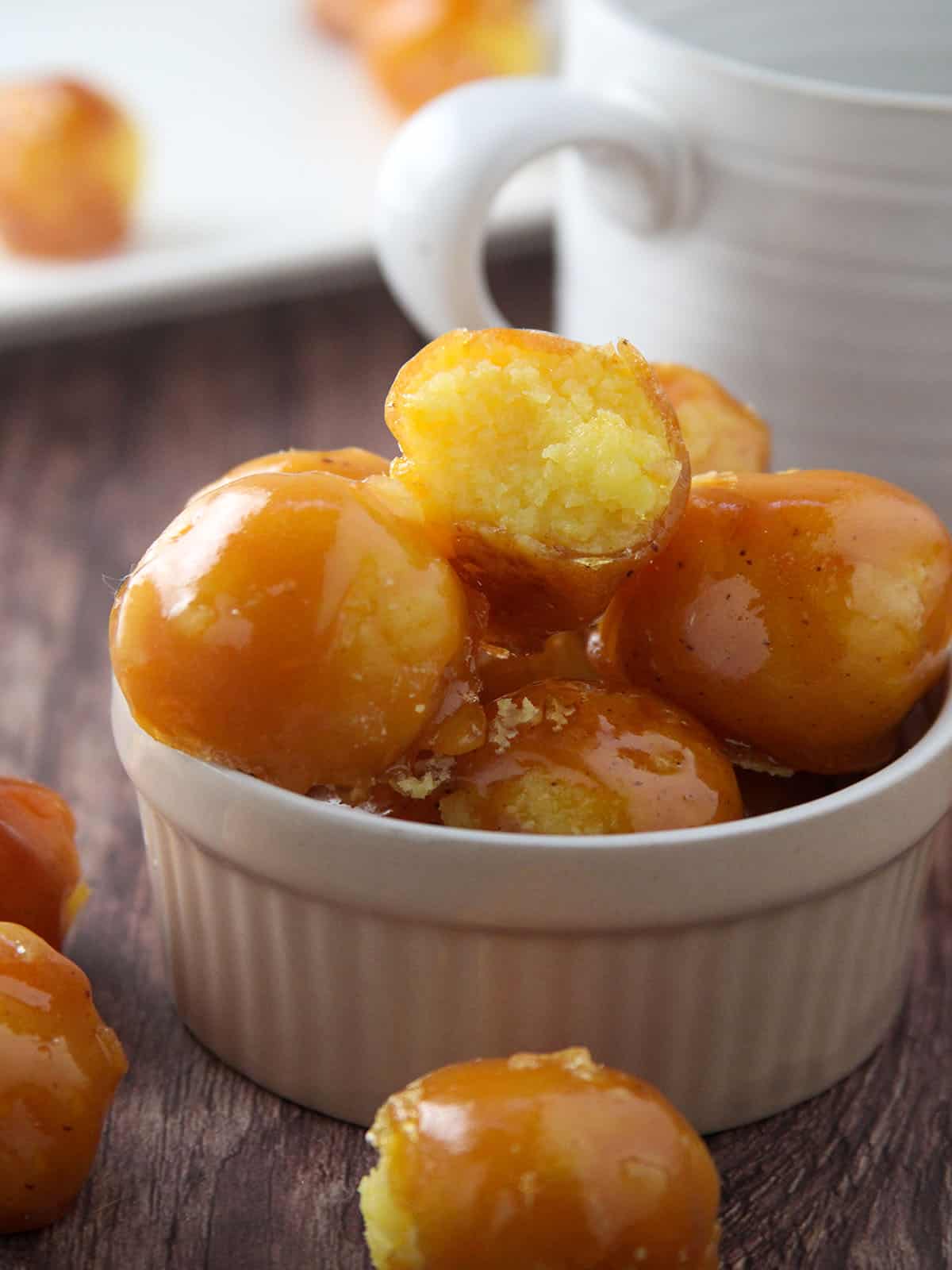


Rosa Cua says
Thank you Ms Manalo. More power to you and every were so delicious
Jofredie says
How long should I boil the egg?
Mabel Craig says
Hello,
This is my first try. What happen if I brined the eggs more than the days suggested?
Thanks!
Lalaine Manalo says
It will get very salty
Nikki Peckson says
Hi Lalaine! I recently just watched this video on Facebook and I absolutely loved it. Can you tell me how long the shelf life of the eggs would be after they are boiled? Also, would it be best to boil the entire batch, then just refrigerate afterward? Or would boiling them per serving be better?
Lalaine Manalo says
For food safety, please boil them all at once and keep them refrigerated. They should last in the refrigerator for about 1 week.
Fred Gutierrez says
Question: If I make 30 salted duck eggs, pareho lang ba ang mga quantity ng mga ingredients shown in your recipe.
Alex V VERGARA says
Pwede ba gawing salted ang PUGO egg for business?
Mel says
It is stated in the instructions, step 4. "Weigh down with a small plate or a plastic bag filled with water. Cover and keep in a cool, dry place for about 18 to 21 days.
Jean says
While brining the eggs, where do we place it, back in the fridge?
Ken says
I, too, would like to know if, while brining, do we put it in the fridge?
Bibi says
Sandy and salty egg yolk!